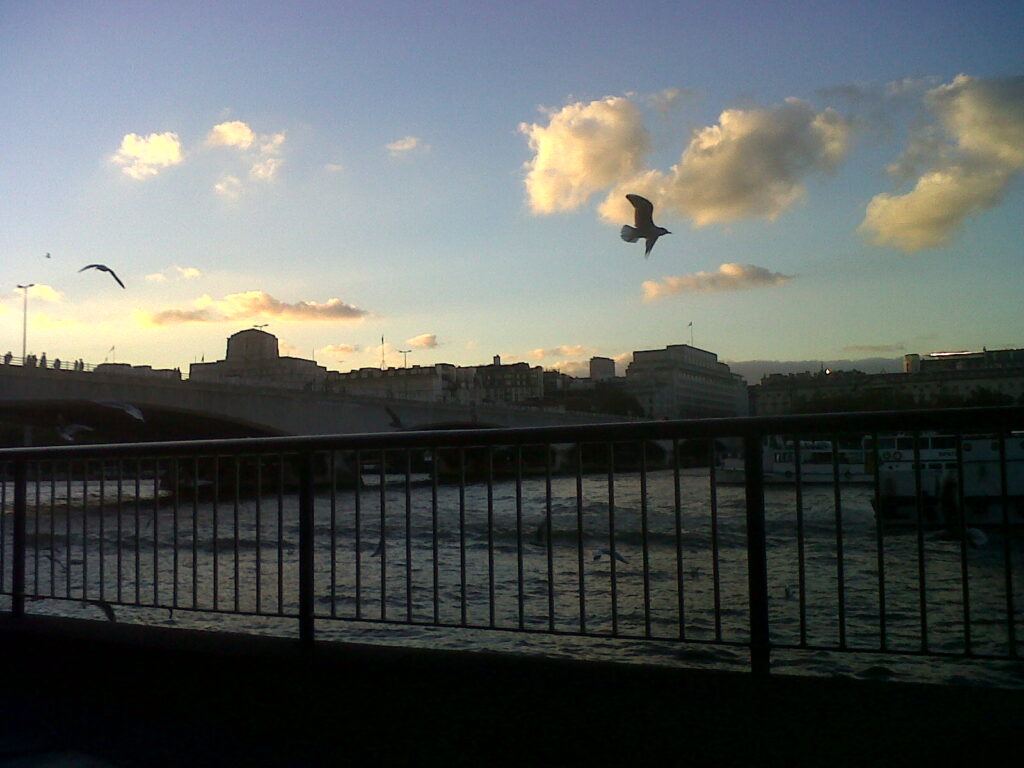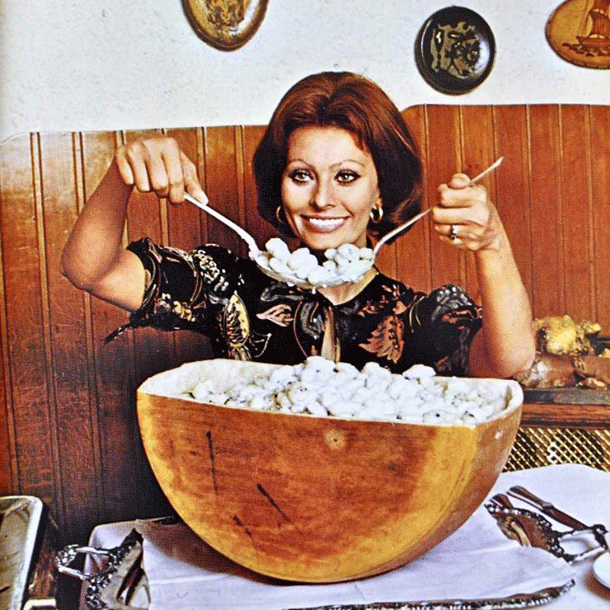I moved to London on September 11th 2012, with two suitcases in hand and boxes to follow, a head full of dreams and my father, ever my life companion.
It took us two days to buy anything I might need for my room in student halls from Argos. I remember flicking through the catalogue. It reminded me of the toy catalogues my brother and I waited for every year around Christmas time. This was the first time practicality entered my life. These weren’t going to be just things, they were going to be my only things.
The Strand stretched long and full of life, and walking through the gates of King’s College London for the first time felt surreal. Was I really going to study there for three years? Was I going to be in this city for life?
All I knew is that the Somerset House hugged me in its inner courtyard, and that at the back of it you could get some of the most beautiful sights of the London I recognised then, from films and books.

As dad and I crossed Waterloo Bridge together before saying our goodbyes, I don’t remember what we were thinking. We must have been excited, although in quite different ways. But I remember hugging this pillar of my life in front of Stamford Street Apartments, the IMAX roundabout controlling the day’s traffic, and a life of opportunities that also meant a divide.
He didn’t turn back, and I know why. I looked at him as he walked to Waterloo station, one of my empty suitcases in hand, heading home after leaving me in my new one.
Food was, arguably, one of the things I was most interested in. Not insomuch as the act of cooking itself, or the history of it, but the very act of eating. I was hungry all the time, but lazy. I was used to someone cooking before I ate, to meals being shared, not to think about a shopping list or how to stock the fridge. It’s then that it hit me, this pleasure I loved and couldn’t stop thinking about would now be linked to many lonely moments.
My friend Vittoria and I had put together a concoction over the summer, which we made every time we cooked dinner for each other or an unusual breakfast in the early hours of the morning, after a night of dancing. Although I haven’t eaten it since then, this pasta was the turning point of my interest in cooking, and the moment I decided London would have to teach me about food.

I had nothing food-related with me – except for a small 1980s pasta recipe book and mum’s magazine cuttings for recipes she thought I would find useful. She had spent all summer with watery eyes, recipe cuttings in hand, finding a way to be part of my new life.
I walked to the Sainsbury’s on Waterloo Road, past the church that would later on give me my first pad thai and back on to Stamford Street, Flat 14, fourth floor, room D. I was going to have six flatmates, that’s what the door count told me. But I was too early and eager: nobody else was there.
The kitchen smelled of bleach and other chemicals, the table looked like a surgical one. I touched it, looking for the wholeness of the black marble table back home. All it gave me back was coldness.
I was going to cook my first adult meal and call my parents on Skype while eating it: easy.
My shopping bag contained:
One pack of penne – first non-Italian pasta I ever had until that point (I know, tragic!)
Philadelphia
1 bottle of passata
Tuna can – I couldn’t find any in olive oil (another cultural shock), so I bought a can of tuna in brine, not knowing what that meant
Salt (pepper didn’t exist in my cooking at the time)
Olive oil
I set to cook. The water was on the hob ready to boil. The olive oil and the passata were in the pan warming up. All I had to do was to add tuna and Philadelphia. I didn’t use black pepper then and I didn’t know how to cook with herbs, it didn’t occur to me they could add magic even to this dish. Seasoning was an art to be learned.
My utensils smelled like sanitized plastic – where was the comfort of the wooden spoons? Where was the dark tablecloth with the flowery patterns for winter days, and the daisy-tablecloth with green borders for the heat of summer? I laugh now looking back at this while sitting in my ever-indulging small kitchen in West London, where two shelves are covered in spices and herbs, the backbone of everything I cook. Back then my heart ached, and all I wanted was to prove myself that I could survive.
I proudly called dad’s Skype account. They all answered: dad, mum and my brother, smiling from the marble table laid out with the magic of mum, and the warmth of their being together. My new kitchen retained an aura of cold, even with the smoke coming up from the pan. Nothing smelled inviting.
As we started chatting, I opened the tuna can – spoiler alert – every can has an easy lid to raise back in Italy, so I had never once used a can-opener, we simply didn’t own one. So that already took some exercising patience and, when done, I noticed the tuna looked odd and smelled weird.
Still, I stirred it in the sauce, drained the pasta and added it to the sauce with the Philadelphia. Then I sat, as if it were any other day, my family on the other side of the screen, a mixture of pixels and colour combinations looking back at me, expectantly. I took a forkful of penne and brought it to my mouth. I was disappointed. That recipe represented all I had left behind, and as a result of this newly acquired loneliness, it tasted at odds with my memory. Even without a dictionary, I finally realised what brine meant: way too salty. The kind of salty that you can’t keep eating. Rule number one: always taste your food. Have fun with it, add herbs, play with the seasoning, build layers of flavour, and rejoice in knowing you’re building them for yourself when eating solo, and that you will rebuild them for your dear ones next time you see them. Although I knew I had a lot to learn about cooking, and that I would be stubborn enough to teach myself, that pasta still led me to tears. That pasta was supposed to represent my maturità which, on a superficial level, is simply the Italian equivalent of A Levels, but which actually means the maturity you acquire through those exams, your ticket to adulthood. If I failed at feeding myself, then I failed at being an adult.
What I didn’t know then, is that tuna in brine rescued me. It made me interested and curious about how food was made to taste and feed and excite. I realised that eating meant sharing the meal, the cooking, the dishwashing – the experience of eating.
From then on, I haven’t stopped tasting, trying, asking, wondering, experimenting at home and at the restaurant. I have myself as a loyal food companion, as well as some of my closest friends, who also perceive food as an encounter with others and the self. I took and take comfort in the words of MFK Fisher who, I like to think, was as hungry as I am and laid it all out on the table, as I hope I’ll always be doing.
And never since then have I let myself say, or even think, ‘Oh, anything,’ about a meal, even if I had to eat it alone, with death in the house or in my heart.
M.F.K. Fisher, The Gastronomical Me

